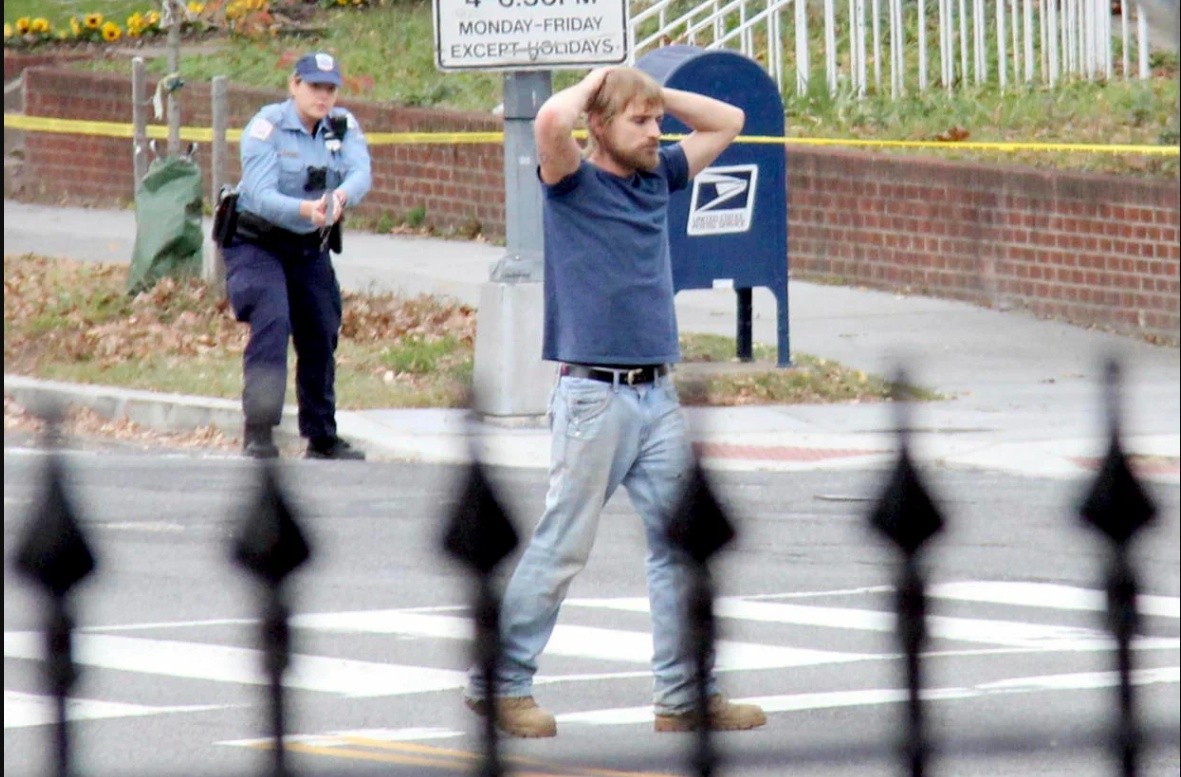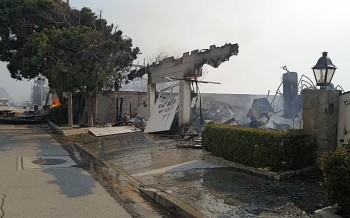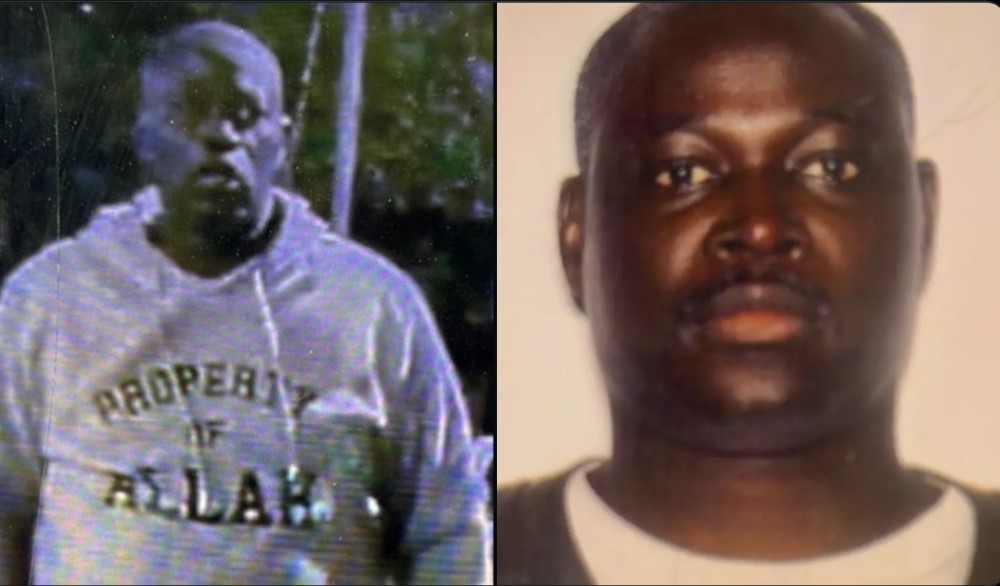Who Was Edgar Maddison Welch? ‘Pizzagate’ Gunman Killed by Police During Traffic Stop
Edgar Maddison Welch, the man who gained national attention in 2016 for firing an assault rifle inside a Washington, D.C. restaurant tied to the debunked "Pizzagate" conspiracy theory, was fatally shot by police in North Carolina this week.
 |
| Edgar Welch, 28 of Salisbury, North Carolina, surrenders to police on Dec. 4, 2016, in Washington, D.C. |
On January 4, Kannapolis police stopped a 2001 GMC Yukon after linking the vehicle to Welch, who was wanted on an outstanding arrest warrant. During the stop, officers identified Welch and attempted to arrest him. According to police, Welch pulled a handgun from his jacket and pointed it at one of the officers. Despite commands to drop the weapon, Welch refused, prompting two officers to open fire.
Welch was critically injured and later died in a hospital on January 6. No officers or other occupants of the vehicle were injured in the incident.
Welch became infamous in December 2016 when he drove from North Carolina to Washington, D.C., to investigate a false conspiracy theory known as "Pizzagate." The baseless theory claimed that high-ranking Democrats were running a child trafficking ring out of Comet Ping Pong, a local pizza restaurant.
Armed with an AR-15 assault rifle and a revolver, Welch entered the crowded restaurant, terrifying patrons. He fired the rifle into a door, but fortunately, no one was injured. Welch later admitted that he acted based on misinformation spread online.
After the incident, Welch pleaded guilty to interstate transportation of a firearm and assault with a dangerous weapon. In 2017, he was sentenced to four years in prison by Judge Ketanji Brown Jackson, who now serves on the U.S. Supreme Court.
 |
| Welch's identity as the "pizzagate" shooter |
The North Carolina State Bureau of Investigation has confirmed Welch’s identity as the same man involved in the "Pizzagate" shooting. The recent traffic stop and shooting are under review, as authorities continue to investigate the circumstances surrounding the incident.
Welch’s case highlights the dangers of acting on misinformation and the tragic consequences that can follow.






























